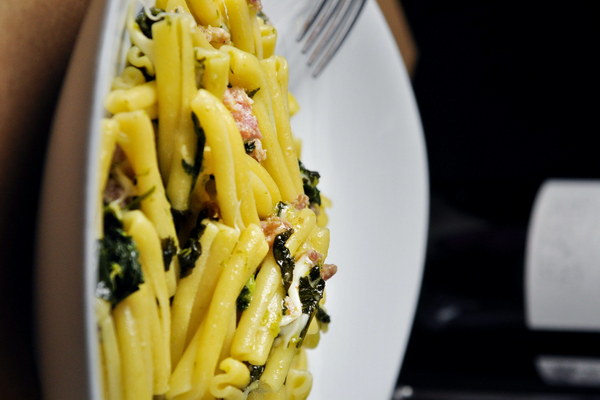Beef The Unexpected Liver Protector
In the realm of dietary health, beef has often been overshadowed by other proteins like chicken and fish. However, recent research suggests that this beefy staple may hold the key to liver health. Yes, you read that right—beef can actually be beneficial for your liver. Let's delve into how beef can protect your liver and why it should be part of your balanced diet.
The liver is the body's primary detoxifying organ. It filters out harmful substances, produces bile for digestion, and synthesizes proteins, vitamins, and minerals. However, when the liver is overburdened, it can lead to various health issues, including liver disease. So, how can beef help protect this vital organ?
1. High in Selenium: Selenium is a mineral that plays a crucial role in liver health. It acts as an antioxidant, protecting the liver from oxidative stress and inflammation. Beef is an excellent source of selenium, with just 3 ounces (85 grams) providing about 55% of the recommended daily value.
2. Rich in B Vitamins: Beef is rich in B vitamins, particularly B12, which is essential for liver function. B12 helps convert food into energy and maintains the liver's ability to produce red blood cells. Deficiencies in B12 can lead to fatty liver disease, so including beef in your diet can help prevent this condition.
3. Protein Powerhouse: A diet high in protein is essential for liver health. Beef is an excellent source of lean protein, which helps the liver regenerate and repair damaged cells. Additionally, protein supports the immune system, further safeguarding the liver against infections and diseases.
4. Omega-3 Fatty Acids: While beef is not as rich in omega-3 fatty acids as fish, it still contains some. Omega-3s are known for their anti-inflammatory properties, which can help reduce liver inflammation and improve liver function. Incorporating lean beef cuts with a higher omega-3 content, like grass-fed beef, can offer additional liver protection.
5. Choline: Choline is a nutrient found in beef that plays a vital role in liver function. It helps metabolize fats and can prevent fat accumulation in the liver. A diet rich in choline can lower the risk of non-alcoholic fatty liver disease (NAFLD).

Incorporating beef into your diet for liver health doesn't mean indulging in greasy, processed burgers. Instead, focus on lean, grass-fed beef cuts like sirloin, tenderloin, and flank steak. Here are some tips for including beef in a liver-healthy diet:
- Opt for lean cuts and trim excess fat.
- Cook beef using healthy cooking methods, such as grilling, broiling, or baking.
- Include a variety of vegetables and whole grains with your beef meals for a balanced diet.
- Limit your intake of red meat to no more than 3 ounces (85 grams) per day.
In conclusion, beef is not just a flavorful protein source; it can also be a vital component of a liver-healthy diet. With its high selenium, B vitamins, protein, omega-3 fatty acids, and choline content, beef can help protect your liver from oxidative stress, inflammation, and fat accumulation. So, don't shy away from beef; embrace it as a delicious and nutritious part of your balanced diet.









